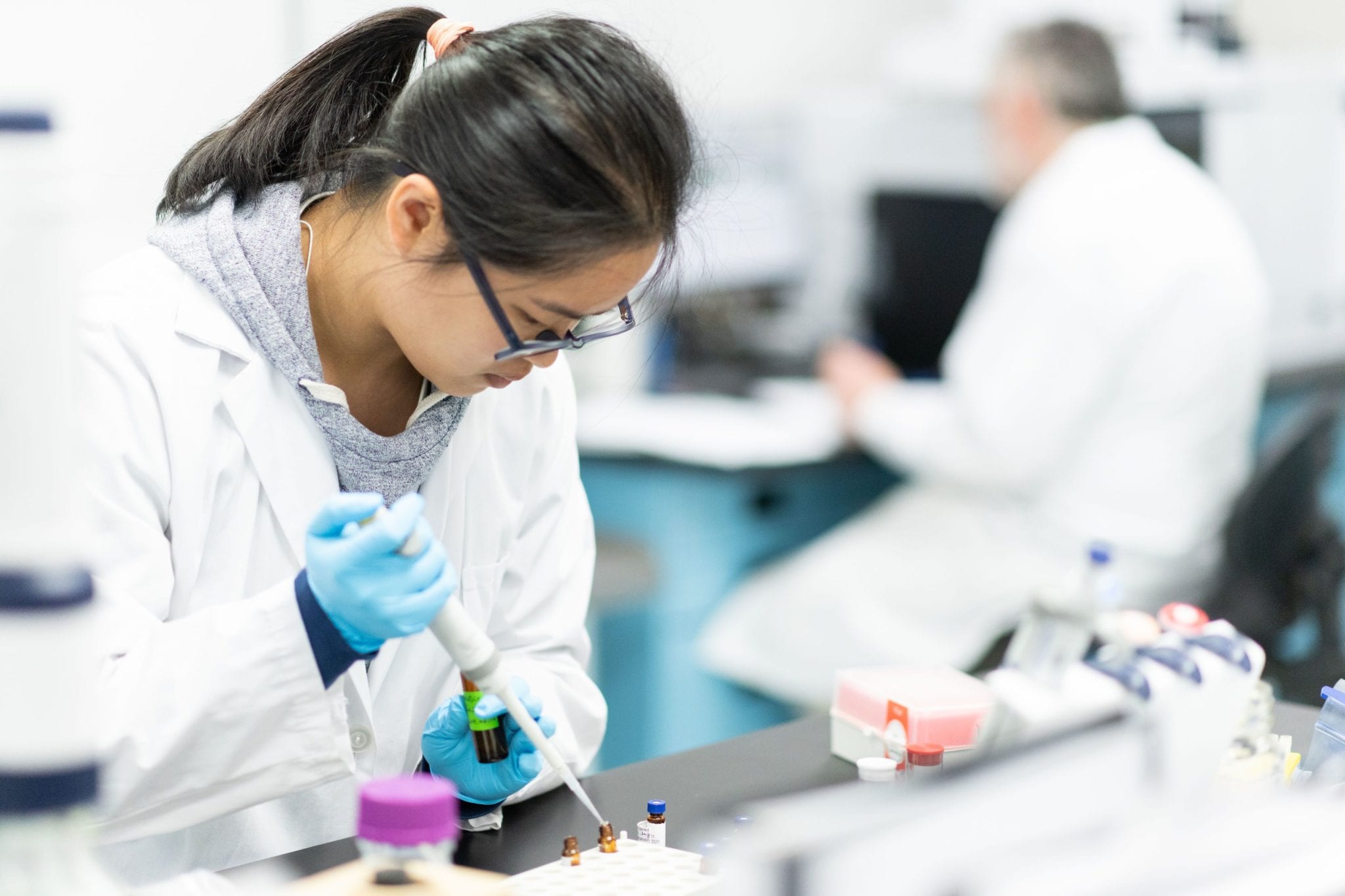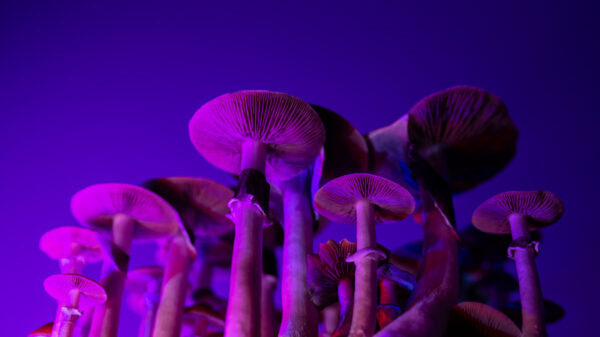Canadians are one step closer to being able to access psychedelic-assisted therapy.
On Thursday Numinus Wellness Inc. (TSX-V: NUMI), a Vancouver-based company working towards developing psychedelic-assisted therapy, was granted a licence amendment by Health Canada to produce and extract psilocybin, a compound in magic mushrooms.
Numinus is the first publicly-traded company to be licensed by Health Canada to conduct psilocybin research, CEO Payton Nyquvest says. The company will create a proprietary method for extracting psilocybin, which will then be used to extract the drug for research across the country, as well as at Numinus, Nyquvest said.
In Canada, most research on the benefits of psilocybin is done using a synthetic form of the drug, according to Numinus COO Michael Tan. Numinus could help lower research costs by reducing the cost of production for psilocybin, he says, because extracting the drug from mushrooms should be cheaper than creating the synthetic compound.

COO Michael Tan says extracting psilocybin from organic material should be cheaper than creating a synthetic compound
“Cost is definitely a big factor,” Tan said. “The production of synthetic compounds can be quite an elaborate process given the complexity and the need to ensure safe manufacturing practices.”
Tan wouldn’t reveal an estimate on how much synthetic psilocybin cost, or how much cheaper psilocybin extracted from mushrooms would be.
Working with just a small amount of the organic material would use less resources and produce enough psilocybin to meet today’s research demands, he says.
Numinus’s business model is based on the eventuality that Canada will regulate the therapeutic use of psychedelics and three core pillars: Furthering psychedelic research, offering eventual psychedelic therapy, as well as testing and selling psychedelics, which is what Thursday’s licence amendment supports.
Read more: Canada could regulate psychedelic therapy within few years, bets company

‘We see psilocybin and a bunch of these other psychedelics as having great applications for a number of different mental health issues,’ Numinus CEO Payton Nyquvest said
While Nyquvest wouldn’t elaborate on what research Numinus will be doing on psilocybin, he did say they’re very interested in furthering research on how the psychedelic drug could be used to treat different addictions, and how it’s used to ease end-of-life anxiety. The company will also work to support ongoing research in the psychedelic field.
“We see psilocybin and a bunch of these other psychedelics as having great applications for a number of different mental health issues,” Nyquvest said. Research done by Johns Hopkins University, the Multidisciplinary Association for Psychedelic Studies, and Compass helped build a solid research base for the therapeutic benefits of psychedelics, he said.
“There’s a real ability to build off of that research that a lot of those groups have done. Not only to support research but also to start providing infrastructure for if and when those trials open up a regulated access for these different therapies.”

Numinus can possess and test psilocybin, psilocin, DMT, mescaline and MDMA at its lab in Nanaimo, B.C.
Working with the real thing makes a more ‘pure’ compound
The production, extraction and research of psilocybin will take place at Numinus’s 7,000 square foot research facility in Nanaimo, British Columbia.
One of the facility’s senior research scientists, Kristina Grotzinger, says working with the organic mushrooms will produce a purer compound.
Creating synthetic compounds increases the risk of contamination, Grotzinger said in a company statement. Working with the mushroom reduces these risks as well as the cost of extraction, she said.
Numinus will get to work right away on setting up their Nanaimo lab to grow mushrooms, which Tan says is not a terribly complex process. Additionally, cultivation won’t take up much space because the company doesn’t need to produce massive quantities of magic mushrooms to begin research, he added.
The company is also set up to handle additional psychedelic compounds.
“Right now we have the ability to possess and test psilocybin, psilocin, DMT, mescaline and MDMA at the lab. Our amendment allows us to produce and conduct research on psilocybin,” Tan said. “It’s our intent to apply for further amendments so we can conduct research on the other substances, and in all likelihood our next amendment will be an application for MDMA research.”
All images via Numinus
michelle@mugglehead.com
@missmishelle













